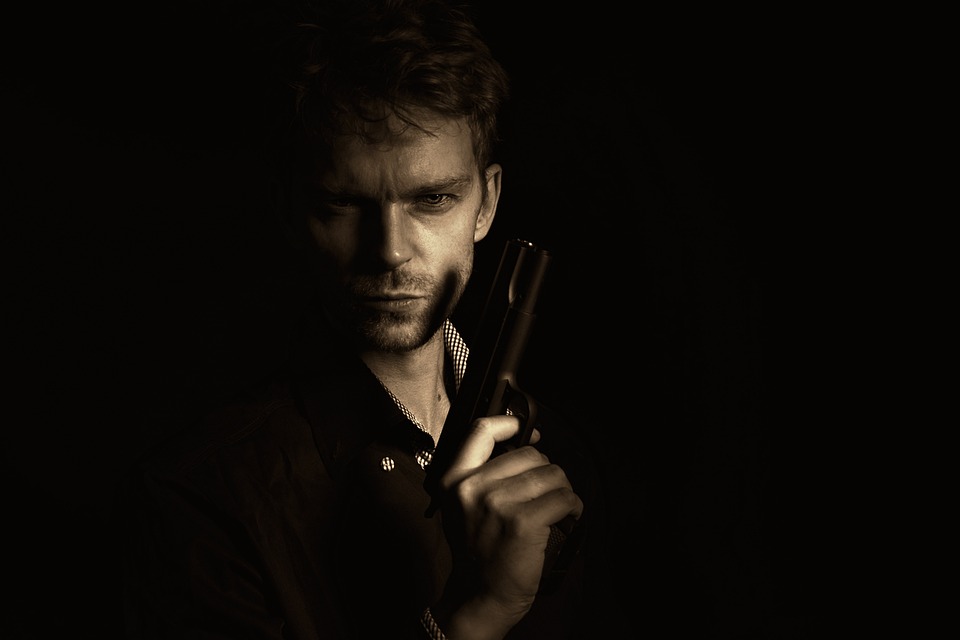In recent years, the film industry has been actively working towards more inclusivity and equality, particularly when it comes to celebrating the achievements of women directors. Despite the historically male-dominated nature of the industry, women directors have played a crucial role in shaping the narrative and aesthetic of modern cinema. Their unique perspectives and storytelling techniques have enriched the film landscape, creating powerful and thought-provoking works of art.
One of the most notable examples of a woman director making waves in the film industry is Kathryn Bigelow. In 2010, she became the first and so far, the only woman to win the Academy Award for Best Director for her film “The Hurt Locker.” This achievement marked a significant milestone, showcasing that women directors are more than capable of delivering outstanding and critically acclaimed films.
Bigelow’s success opened doors for other women directors to showcase their talents, and many have since followed in her footsteps. Greta Gerwig, for instance, garnered widespread praise for her directorial debut “Lady Bird” in 2017. The film, which was nominated for five Academy Awards, including Best Picture, showcased Gerwig’s ability to tell a compelling coming-of-age story with nuance and authenticity.
Another standout woman director is Ava DuVernay, whose films have shed light on important social issues. In 2014, she directed the historical drama “Selma,” portraying the story of Martin Luther King Jr.’s fight for voting rights. The film received critical acclaim for its powerful storytelling and vivid portrayal of a pivotal moment in American history. DuVernay’s work not only entertains but also serves as a catalyst for discussions about civil rights and social justice.
It is not only through their creative storytelling that women directors have made an impact. They have also contributed significantly to breaking down barriers and reshaping the perception of gender roles within the industry. Patty Jenkins, for example, shattered records with her film “Wonder Woman” in 2017. The film, with a female director at the helm, became the highest-grossing superhero origin film and demonstrated that women-led action films could be both commercially successful and critically acclaimed.
Moreover, as women directors continue to push boundaries and challenge traditional norms, they pave the way for aspiring female filmmakers. Their achievements inspire young women to pursue their dreams in the industry, despite the long-standing gender disparities. By showcasing their talent and determination, these directors encourage and empower women to tell their stories and share their unique perspectives.
It is crucial to celebrate the accomplishments of women directors not only during special events or designated celebratory months but consistently throughout the year. Recognizing the immense contributions of women directors not only honors their hard work but also helps to combat the systemic gender bias that has long plagued the film industry.
As audiences, we can play a role in celebrating the cinematic achievements of women directors by actively seeking out and supporting their work. By watching and discussing their films, we contribute to the conversation surrounding gender equality and create demand for diverse stories on the big screen.
In conclusion, the cinematic achievements of women directors in modern film deserve to be celebrated, as their contributions have significantly enriched and diversified the industry. With each film they create, these directors challenge norms, inform discussions, and inspire future generations of storytellers. By recognizing and supporting women directors, we take a step towards a more inclusive and equal film landscape.

